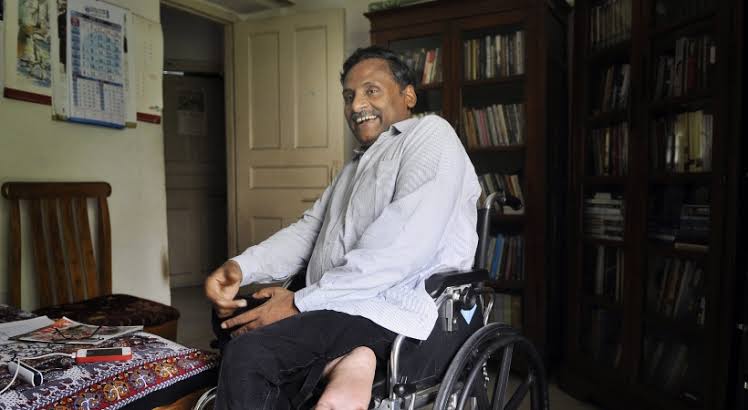
“I will be back from Hyderabad in three to four days. Then we can speak on the topics that you have suggested. I am certain that the insidious games of the larger Indian “Deep State” in their persistent attacks on people’s movements need to be exposed to the best of our knowledge and understanding. Yes, let us pick up this thread of conversations when I am back.” – it was with these words that Dr. GN Saibaba said goodbye to me on August 15, 2024 at his residence in New Delhi.
But GNS, as many of his friends and comrades in life and human rights struggles used to call him, did not come back to carry on with our conversation and address the topics that we had wanted to take up. From 16 to 27 August, he was intermittently in touch with me on the phone, informing me about some of the extended functions he was attending in Hyderabad.
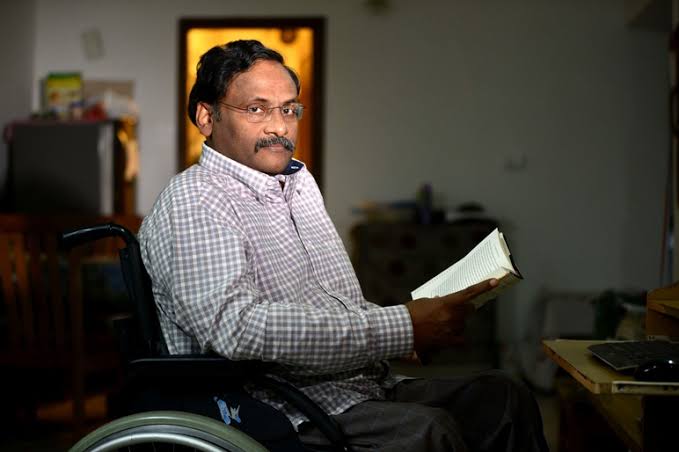
By August 29 his own messages stopped, but I came to know first that his return would take longer than expected and later that his health issues have gotten complicated. And at the end of a series of messages from friends and associates that iterated the situation, the news came on October 12 that the fighter with an indomitable spirit had succumbed to post-operative complications after undergoing surgery for gallbladder stones. The wheelchair-bound Saibaba was on treatment at different hospitals in Hyderabad, including at the Nizam’s Institute of Medical Sciences, since early September.
The August 15 meeting with him was the first after his release from jail, which had happened following the Nagpur High Court’s order of March 5, 2024. I had gone with a couple of friends who wanted to meet the person whom they valued both as a substantive academic and a committed social activist. They were keen to know more about his heroic endurance of prison life for more than a decade. We talked at length about the different forms of intense persecution that he had to face in the infamous Anda cell of Nagpur jail. During the conversation, he also remembered that I was one of the few journalists in Delhi to have met him days before he was arrested in May 2014 for suspected links with Maoist Left Extreme Wing (LWE) outfits.
Since then he had got bail for brief periods in 2015 and 2016, but had spent most of the decade in jail as the Maharashtra government kept on foisting one case after another on this substantive academic and social activist. Even his overwhelming 90 percent physical disabilities caused by a polio affliction he had in childhood did not deter the State and central governments from persecuting him in diverse ways, both physically and mentally. The physical attacks themselves took multiple forms, including denial of timely and adequate treatment for his lasting disabilities. The mental torture also had many manifestations, including the restrictions imposed on meeting his relatives, including his ailing mother. And ultimately,when she passed away, Saibaba was not even allowed to attend the funeral or perform her last rites.
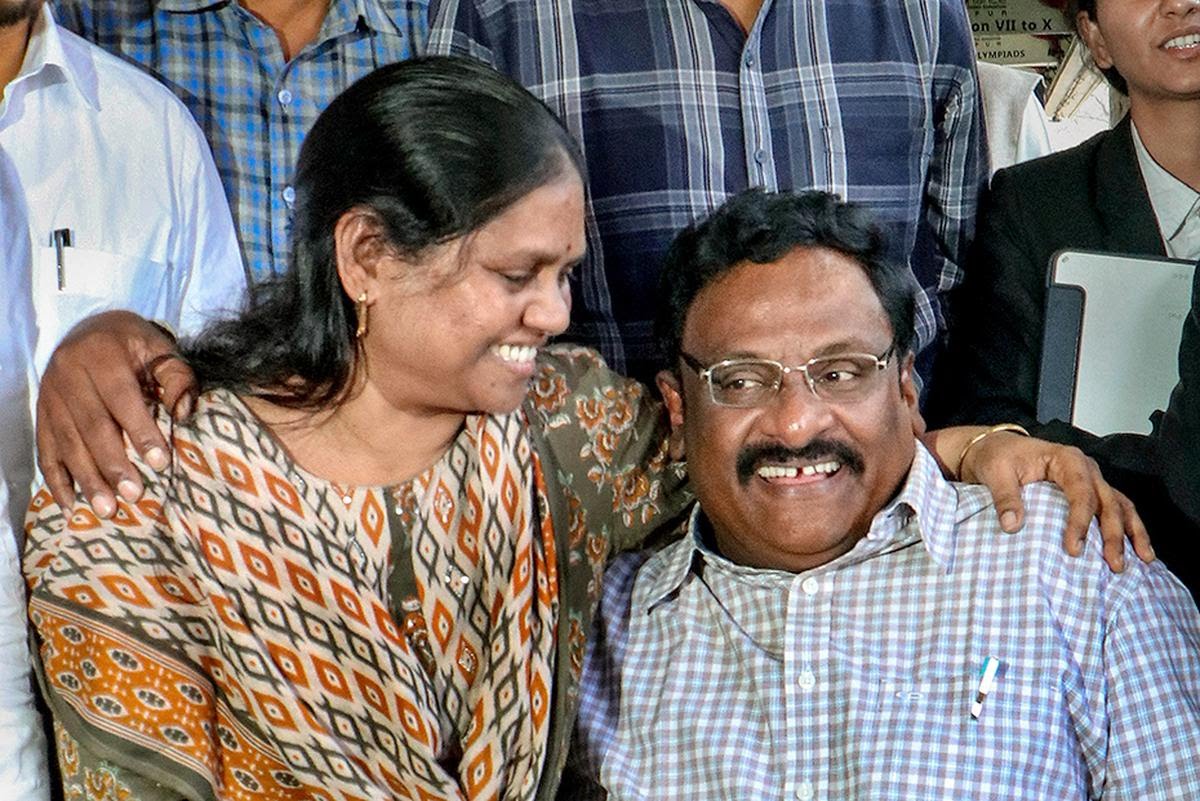
Many of my friends had heard Saibaba in the first public meeting he addressed after his release in Delhi and they had told me how he broke down while recounting his experiences in jail, especially the pain of not being able to meet his mother before her death. On August 15 too, he repeated to us how the infamous Anda cell of Nagpur jail had completely broken him. He also talked about the manner in which sections of the academia and the judiciary had denied him justice repeatedly.
As soon as he was jailed in 2014, Ramlal Anand College terminated his service as an English teacher. Saibaba’s wife Vasantha and daughter Manjeera were forced to face economic hardships too along with the state’s persecution of the family. But both the mother and daughter were spirited fighters too and they took up the various social and human rights issues advanced by Saibaba in diverse public platforms.
Parallelly, Vasantha and Saibaba’s lawyers kept on appealing the courts for the release of Saibaba. At every level, Saibaba and his family faced immense and unjust neglect and oppression. It is on account of these cumulative attacks and assaults against a human being with immense physical disabilities that Saibaba’s death gets to be qualified as institutional murder.
In his passage at the relatively young age of 57, India has lost one of its boldest voices for human rights and social justice as well as one of the country’s sharpest academic thinkers. One of Saibaba’s unique and prominent qualities was that he was an incisive academic, adept at advancing scholarly discourses, and at the same time he was also one of the most courageous crusaders against fascist tyranny of which he himself was a victim.
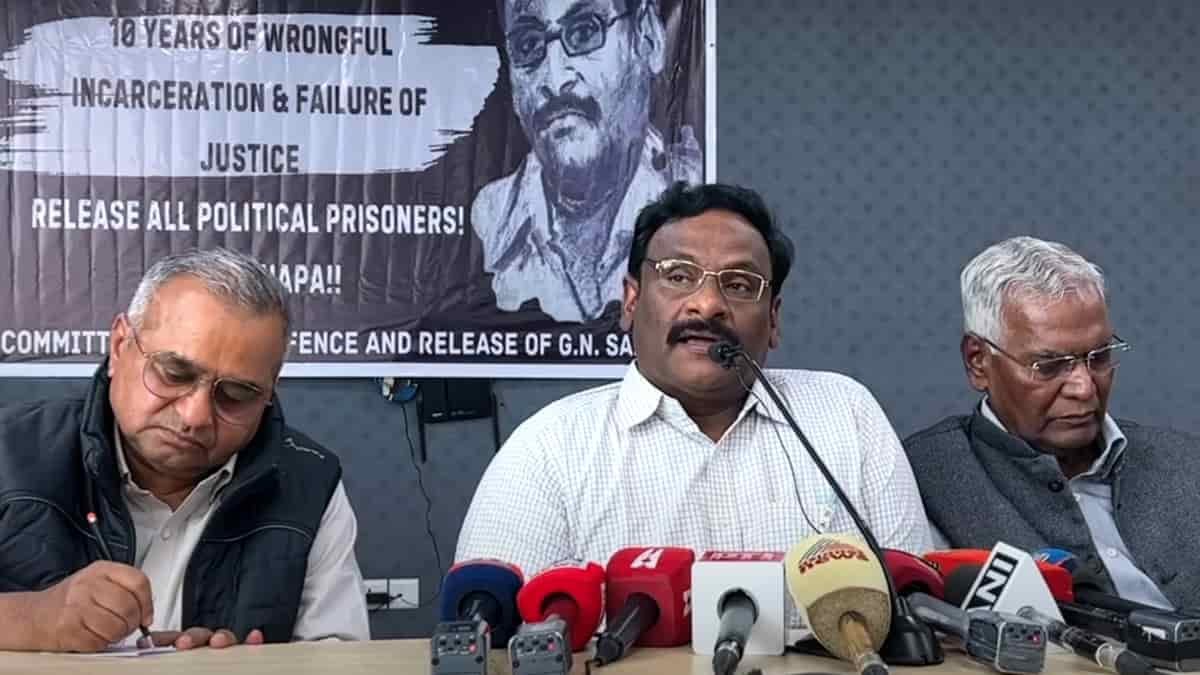
The manner in which multiple cases were foisted on him one after another, including by invoking the Unlawful Activities (Prevention) Act, (UAPA) was just one of the manifestations of the tyrannical targeting. During the August 15 interaction, Saibaba had reflected on the reasons behind this sort of targeting. He was of the view that the larger Indian “Deep State”, which evidently went beyond political party considerations deeply resented people’s struggles that were making decisive impacts both at the national and international levels.
He pointed out that the national and international dimensions were important because there was a direct linkage between sectarian ideologies that seek to steamroll an oppressive, communal fascist regime and economic objectives of globalisation. He added that several specific instances that expose and highlight this significant linkage could be brought out through a series of conversations. A case in point, according to him was the connection between the “Operation Greenhunt”, a para-military operation ostensibly targeted against LWE, but was actually a coverup for wanton promotion of crony capitalism and globalisation causing displacement of hundreds of thousands of indigenous people in the States of Chattisgarh, Jharkhand, Odisha and erstwhile Andhra Pradesh.
In this radio interview with Gurpreet Singh, an independent journalist based in Vancouver, Canada, academic and social activist GN Saibaba, who passed away recently, talks about his mother, elucidating how determined she was to give him education despite her own status as an illiterate villager.
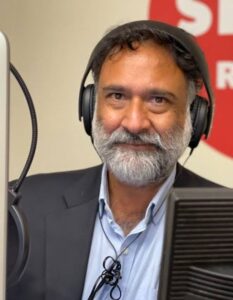
Listen below:
Saibaba himself was part of many of these people’s struggles that had made decisive impacts at diverse levels over the last couple of decades. There were struggles amongst the tribal communities, Dalits, peasantry, minority communities and more importantly among the Kashmiri people. The central theme of these struggles was social justice and it opposed all manifestations of oppression including caste based discrimination.
Indeed, the specific cases and linkages between fascism, crony capitalist globalization and the Indian “Deep State” that Saibaba wished to highlight through a series of conversations and later through a book would not materialise in exactly the same way as he had planned. But there is little doubt that the life and the indomitable spirit of Gorakonda Naga Saibaba, who hailed from Amalapuram in Andhra Pradesh’s Konaseema district and was spurred by his mother to become a Master of English Literature as well as a fierce academic-activist would continue to inspire many more in the days to come.



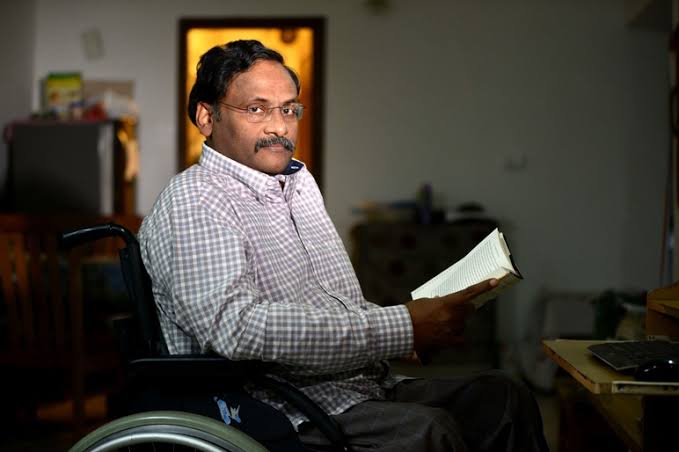

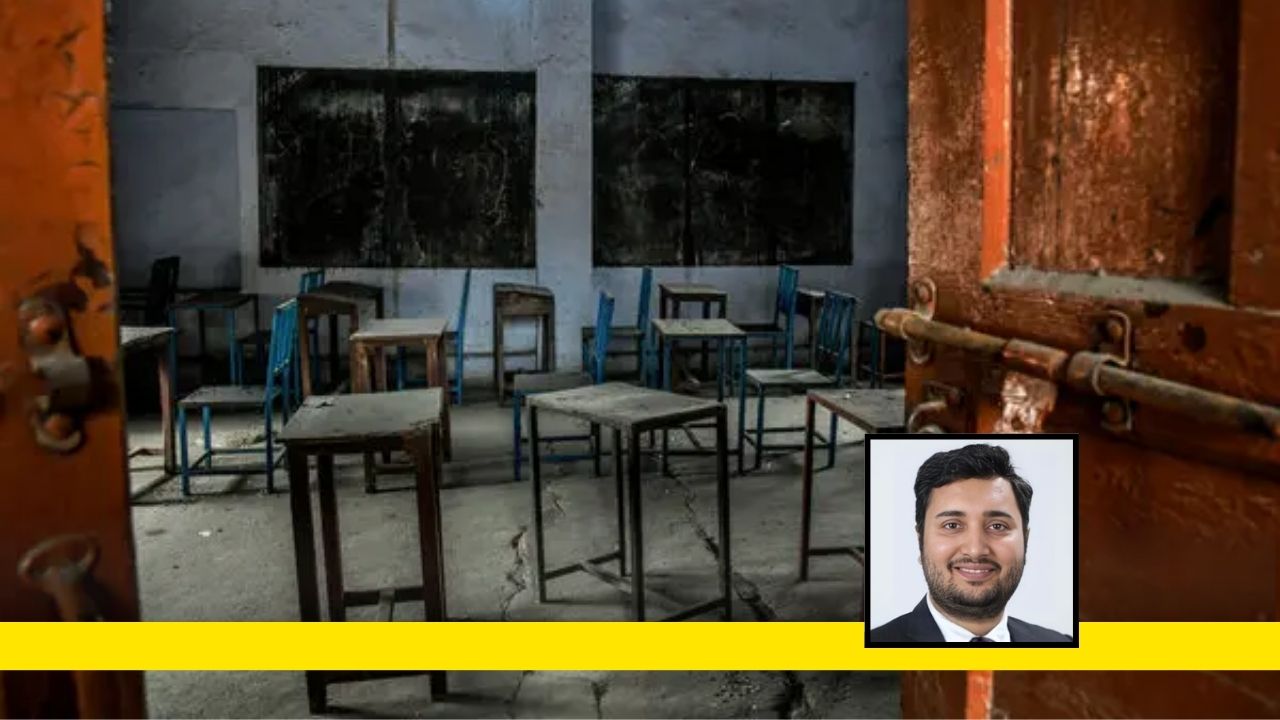
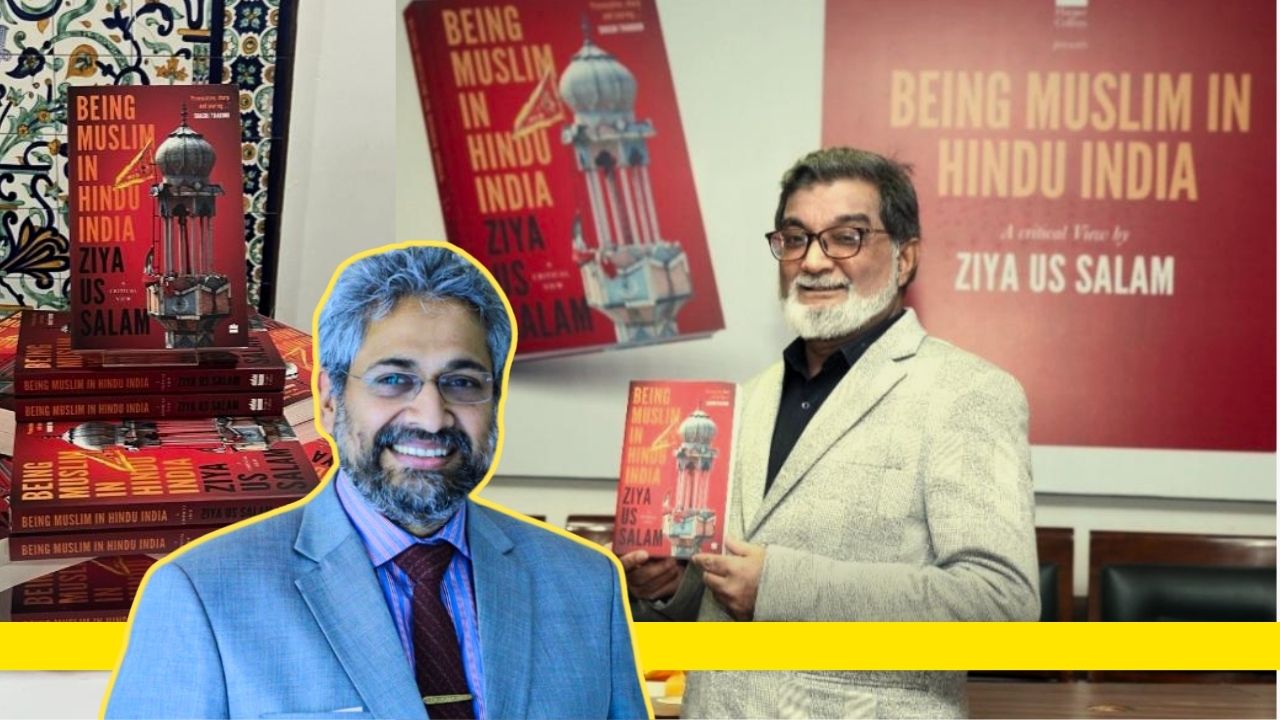





Really apt obituary for Saibaba, the outstanding academic and human rights activist . The government’s responsibility in causing his death cannot be covered up . But we shall all miss the big revelations he was about to make through conversations and writing . Adieu , valiant fighter .